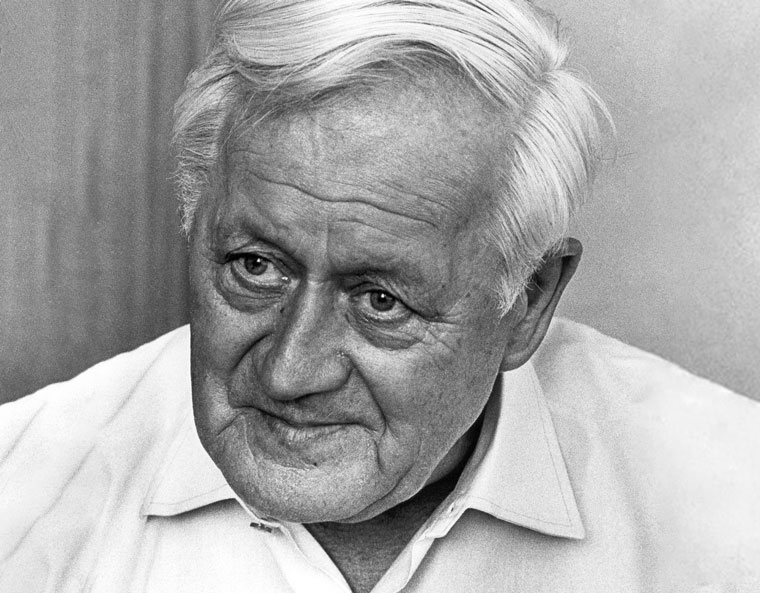Sir James Henare

Fairfax NZ, Evening Post, Stuff
‘Māori language is the life force of the Māori people’
Born in 1911, Sir James Henare acknowledged descent from many northern iwi, including Ngāti Whātua and Ngāpuhi.
He was a great-grandson of Colonel Robert Wynyard, who commanded the British 58th Regiment during the Northern War (1845–46).
At the age of 14 he graduated from the last Ngāti Hine whare wānanga, at Taumārere, where he learned the sacred elements of Māori life from the tohunga Hāre Whiro.
He joined the army early in the Second World War as a private. By its end, Lieutenant-Colonel Henare was the commanding officer of 28 (Māori) Battalion.
His mana in both Māori and Pākehā communities meant his contribution to the Waitangi Tribunal hearings on the WAI11 claim was significant. His presence told Pākehā that support for Māori language as a Treaty right extended far beyond the ranks of Māori ‘activists’ and was integral to the Māori world view.
His statement to the Tribunal in 1985, ‘Ko te reo te mauri o te mana Māori’ – ‘Māori language is the life force of the Māori people’, became famous. In a few words, he summed up the determination of the Māori people to maintain and revitalise their language.
James Henare was appointed a Companion of the Order of the British Empire in 1966 and knighted in 1978. Among many other honours, he received both a Coronation Medal (1953) and a Silver Jubilee Medal (1977), and was awarded an honorary doctorate by the University of Auckland (1986).